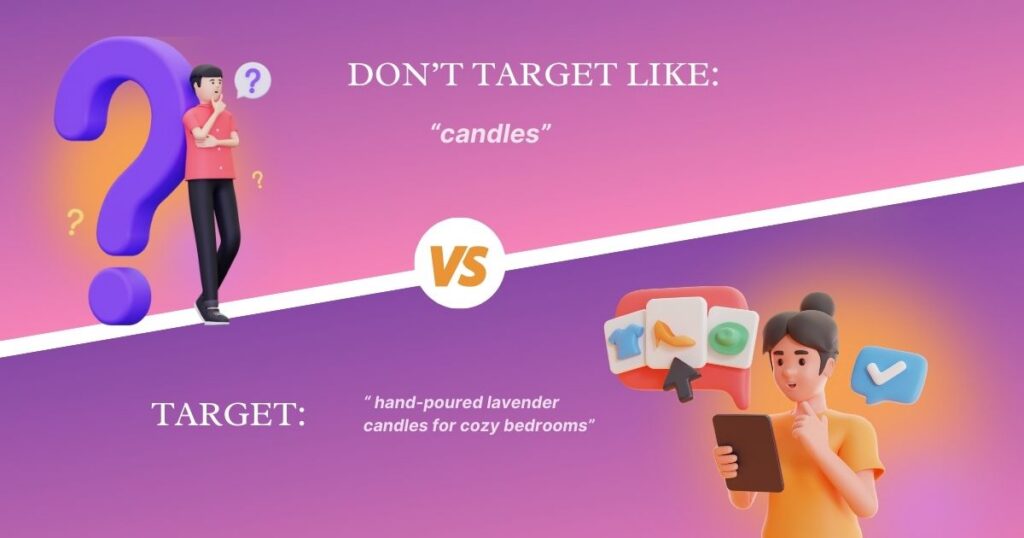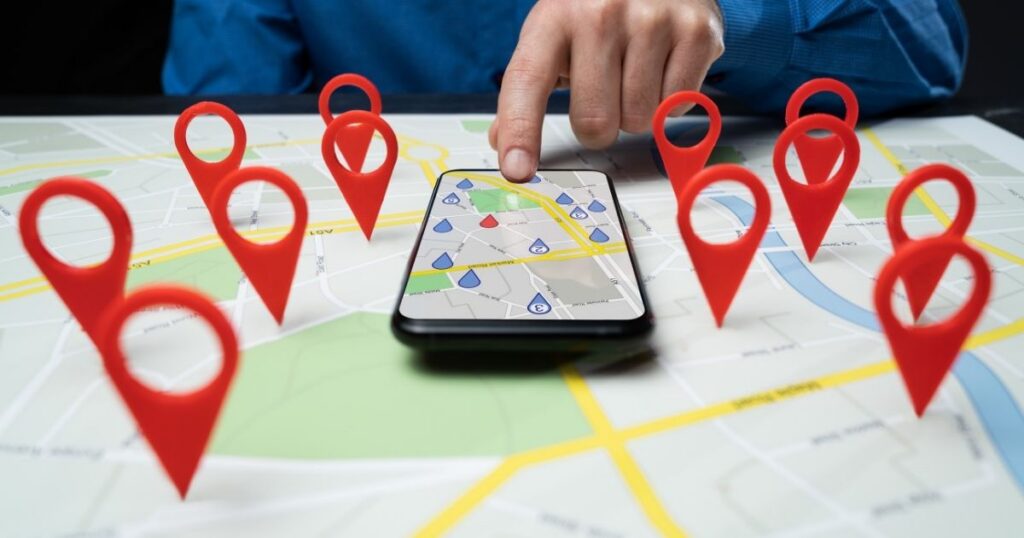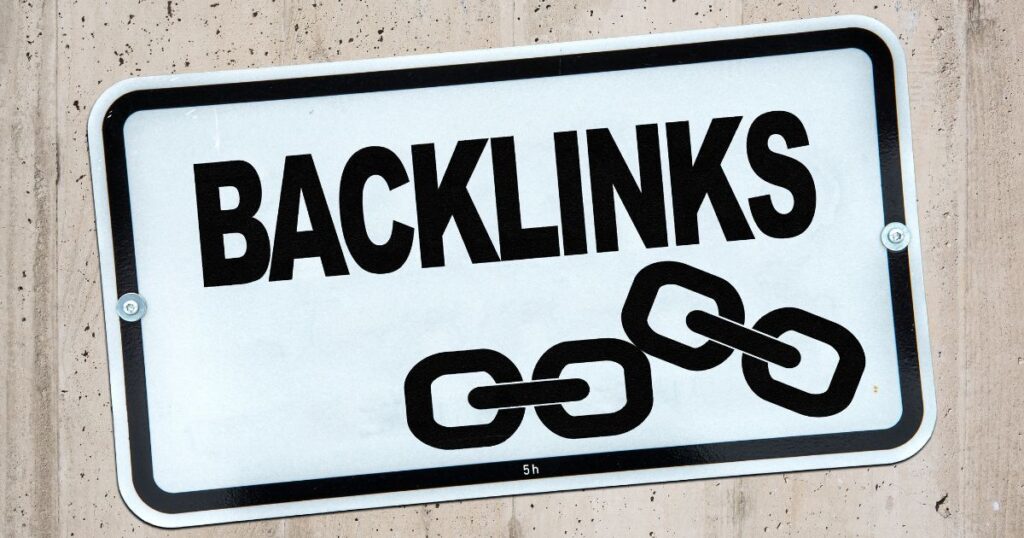Imagine this: You’ve opened a small boutique, a café, or an online store, and you’re excited to get the word out. You’ve invested time, money, and passion into your business. But when you search Google for what you sell… nothing. Your competitors are everywhere, while your website seems invisible.
It’s frustrating, isn’t it? But here’s the truth that most small business owners don’t realise: you don’t need a huge marketing team or a massive budget to show up on Google. What you need is a smart strategy, consistent effort, and a focus on the things that actually matter.
Let me walk you through the journey, step by step, as if we’re having a coffee chat about how you can get noticed online.
Step 1: Stop Chasing the Wrong Keywords
When most entrepreneurs start with SEO, they think: “I need to rank for the most popular keyword in my industry!”

Here’s the catch: Those keywords are insanely competitive. A small business like yours might never beat the big players if you start there. Instead, focus on long-tail keywords—specific phrases your ideal customer is actually searching for.
For example, if you sell handmade candles:
- ❌ Don’t target: “candles”
- ✅ Target: “hand-poured lavender candles for cozy bedrooms”
Long-tail keywords bring high-intent visitors—people who are ready to buy or take action, not just browse. It’s less traffic, yes, but the right traffic.
💡 Pro Tip: Use free tools like Google Suggest, AnswerThePublic, or even ChatGPT to brainstorm realistic phrases your audience uses.
Step 2: Tell Stories Through Your Content

Here’s where it gets fun: Content isn’t just about keywords. It’s about connecting with people. Think of your website as a shop window. Your blog is like talking to a curious customer who walks in.
Instead of writing: “Our products are great,” try:
“When Sarah lit her first lavender candle at home, she told us it felt like a little hug after a stressful day. That’s why we hand-pour every candle with care—so you can feel that same calm and comfort.”
Stories make your brand human, relatable, and shareable. And when other websites see valuable content like this, backlinks often follow naturally.
💡 Mini-challenge: Pick one story per week about your product, service, or customer experience and turn it into a blog post.
Step 3: Make Your Website Work for You

SEO doesn’t need to be scary. Even small tweaks can make a huge difference:
- Use your main keyword in the page title, meta description, and headers.
- Add alt text to images—this helps Google understand your visuals.
- Link internally between pages, like your blog posts and product pages.
- Keep your website fast and mobile-friendly—Google rewards sites that load quickly.
If all of this feels overwhelming, tools like Yoast SEO or RankMath guide you step by step—like having an SEO coach in your dashboard.
Step 4: Embrace Local SEO
If you’re a local business, Google wants to help people near you find you. Local SEO is a hidden superpower for small businesses.

- Claim your Google Business Profile.
- Ask happy customers to leave reviews—it builds trust and credibility.
- Use location-specific keywords: “best handmade candles in Manchester” or “cozy café near me in London.”
Even simple actions, like making sure your business name, address, and phone number (NAP) are consistent everywhere, can push you ahead of competitors.
Step 5: Backlinks Without the Headache
Here’s the golden rule: backlinks aren’t about begging for links—they’re about earning them.

- Write guest posts on industry blogs.
- Collaborate with influencers or complementary local businesses.
- Create original guides, infographics, or research that others naturally reference.
Even one link from an authoritative website can outperform dozens of low-quality links. And the best part? When you focus on storytelling and value, these links often come to you.
💡 Quick example: Share a blog like “How to Create a Cozy Home with Handmade Candles” with lifestyle bloggers. If they like it, they’ll link naturally.
Step 6: Keep Track, But Don’t Obsess

SEO isn’t a “set it and forget it” game. But you also don’t need to spend hours analyzing every metric:
- Check Google Search Console for which pages are performing.
- Update older blog posts with fresh information.
- Experiment with small tweaks and measure results.
Consistency beats intensity. A little effort every week compounds into long-term visibility and traffic.

The Bottom Line
Here’s the reality: You don’t have to be a marketing genius or spend a fortune to dominate Google.
It’s about:
- Understanding what your customers actually search for
- Creating content that connects and tells stories
- Optimising your website for both people and search engines
- Building genuine backlinks
- Consistently tracking and improving
Small, focused actions over time can turn your business from invisible to unmissable online.
“Success online isn’t about working harder than everyone else—it’s about working smarter where it matters.”
So, grab a notebook, jot down one story, one keyword, and one local SEO tweak today. Tomorrow, you’ll be one step closer to dominating your niche.
Try Now with Free Ai Tools.
